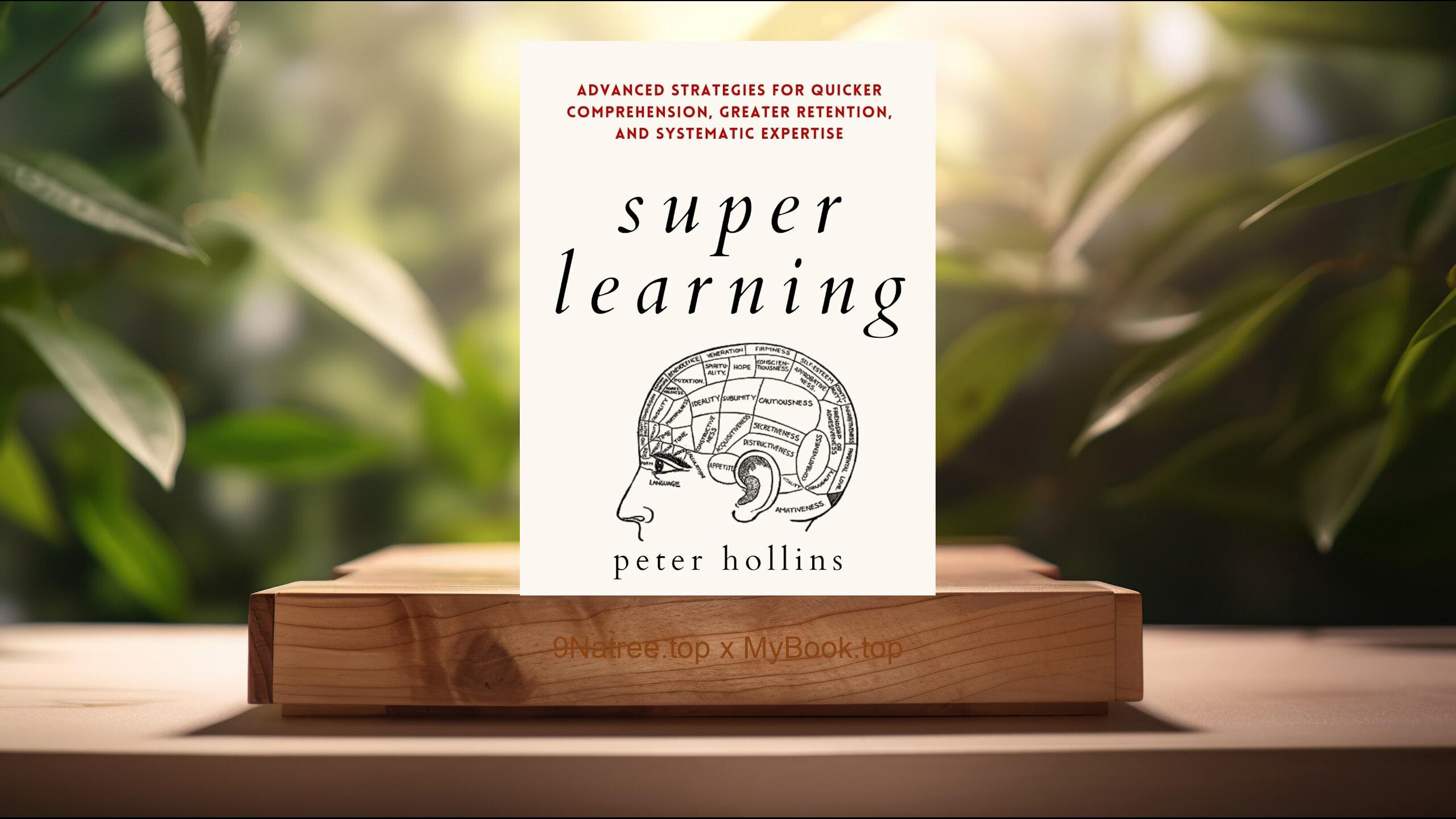Show Notes
Buy on Amazon: https://www.amazon.com/dp/B0030V0PEW?tag=9natree-20
Read more: https://mybook.top/read/B0030V0PEW/
#EfficiencyImprovement #ErrorReduction #ChecklistDesign #TeamworkandCommunication #ComplexTaskManagement #SafetyStandards #AtulGawande #ProfessionalBestPractices
These are takeaways from this book.
Firstly, The Complexity of Modern Professions, Gawande begins by discussing the inherent complexities in today’s professional landscapes, particularly in fields like medicine, aviation, construction, and finance. He argues that the increase in knowledge and technology has led to specialization, which, while beneficial, also introduces challenges in managing intricate and multifaceted tasks. The author presents compelling evidence that despite advancements, human error remains a significant barrier to success and efficiency. Gawande's exploration delves into how complexity can overwhelm even the most skilled professionals, leading to mistakes that could potentially be avoided with more structured approaches to problem-solving and task management. Through real-life examples, such as surgical procedures and skyscraper constructions, Gawande illustrates the necessity of managing complexity through simple, yet powerful, tools like the checklist to improve outcomes and ensure accuracy.
Secondly, The Power of Checklists, Atul Gawande champions the checklist as a revolutionary tool that transcends its simplicity. He details how this straightforward method helps bridge the gap between our limitations and the complexity of tasks we face. Gawande provides a historical context of checklists, showcasing their pivotal role in fields such as aviation, where they have significantly reduced accidents and improved safety standards. The author examines how checklists, by breaking down complex tasks into manageable steps, act as crucial aids in memory recall and clarification of essential procedures. Gawande emphasizes that checklists not only ensure that all steps are followed but also foster teamwork and communication among professionals. Through real-world examples, including hospitals that have successfully implemented surgical checklists, Gawande demonstrates the remarkable impact of checklists in reducing errors, enhancing efficiency, and saving lives.
Thirdly, Designing an Effective Checklist, Gawande details the intricacies of creating an effective checklist, underscoring that not all checklists are created equal. He specifies key characteristics of a well-designed checklist, such as simplicity, clarity, and brevity, enabling users to follow them under stress and in diverse situations. The author guides the reader through the process of checklist creation, from identifying critical and non-obvious steps to the necessity of field testing and refinement. Gawande highlights the importance of involving frontline users in the development process, ensuring the checklist is practical and tailored to specific tasks and environments. Through case studies, including his own experiences with the World Health Organization's surgical safety checklist, Gawande provides valuable insights into the challenges and successes of checklist implementation, offering practical advice for anyone looking to harness the power of checklists in their domain.
Fourthly, Checklists and Team Dynamics, Gawande delves into the positive impact of checklists on team dynamics, highlighting how they facilitate communication and collaboration among team members. He illustrates how checklists create a culture of discipline and mutual respect, where each member’s contribution is recognized and valued. The author points out that checklists help break down hierarchical barriers, allowing for open dialogue and the sharing of responsibility in critical decision-making processes. Gawande provides examples from various industries, including healthcare, where the implementation of checklists has led to a more cohesive and efficient team approach to tackling complex tasks. By fostering a shared understanding of objectives and procedures, checklists not only improve the outcomes but also enhance the overall team morale and cohesion.
Lastly, The Global Impact of Checklists, Gawande explores the broad applicability and global impact of checklists, emphasizing their relevance across a myriad of settings and cultures. He showcases their transformative power in diverse fields such as disaster response, investment banking, and public health. The author provides compelling evidence of how checklists, when properly implemented, can lead to significant improvements in efficiency, safety, and outcomes on a global scale. Gawande shares inspiring stories of organizations and governments adopting checklists to address complex challenges, from reducing infection rates in hospitals worldwide to ensuring the safety of high-risk industries. This chapter underscores the universality of human error and the global need for simple, scalable solutions like checklists to improve performance and achieve better results in various endeavors.
In conclusion, The Checklist Manifesto: How to Get Things Right' is an essential read for professionals and individuals alike who seek to improve their efficiency, reduce errors, and enhance outcomes in their respective fields. Atul Gawande's compelling argument for the adoption of checklists is backed by real-world examples and research, making a strong case for their simplicity and effectiveness. This book is particularly beneficial for those in complex, high-stakes professions where the cost of failure is high, such as medicine, aviation, and construction. However, its principles are equally applicable to everyday tasks and projects. By embracing the checklist, readers can streamline their processes, improve communication and teamwork, and tackle challenges with greater confidence and success. Gawande's insights offer a pragmatic solution to overcoming the limitations of human memory and judgment, making 'The Checklist Manifesto' a transformative read for anyone looking to make significant improvements in their professional and personal lives.
![[Review] The Checklist Manifesto: How to Get Things Right (Atul Gawande) Summarized](https://episodes.castos.com/660078c6833215-59505987/images/1699826/c1a-085k3-04mmd1odad8o-wbmmt9.jpg)




